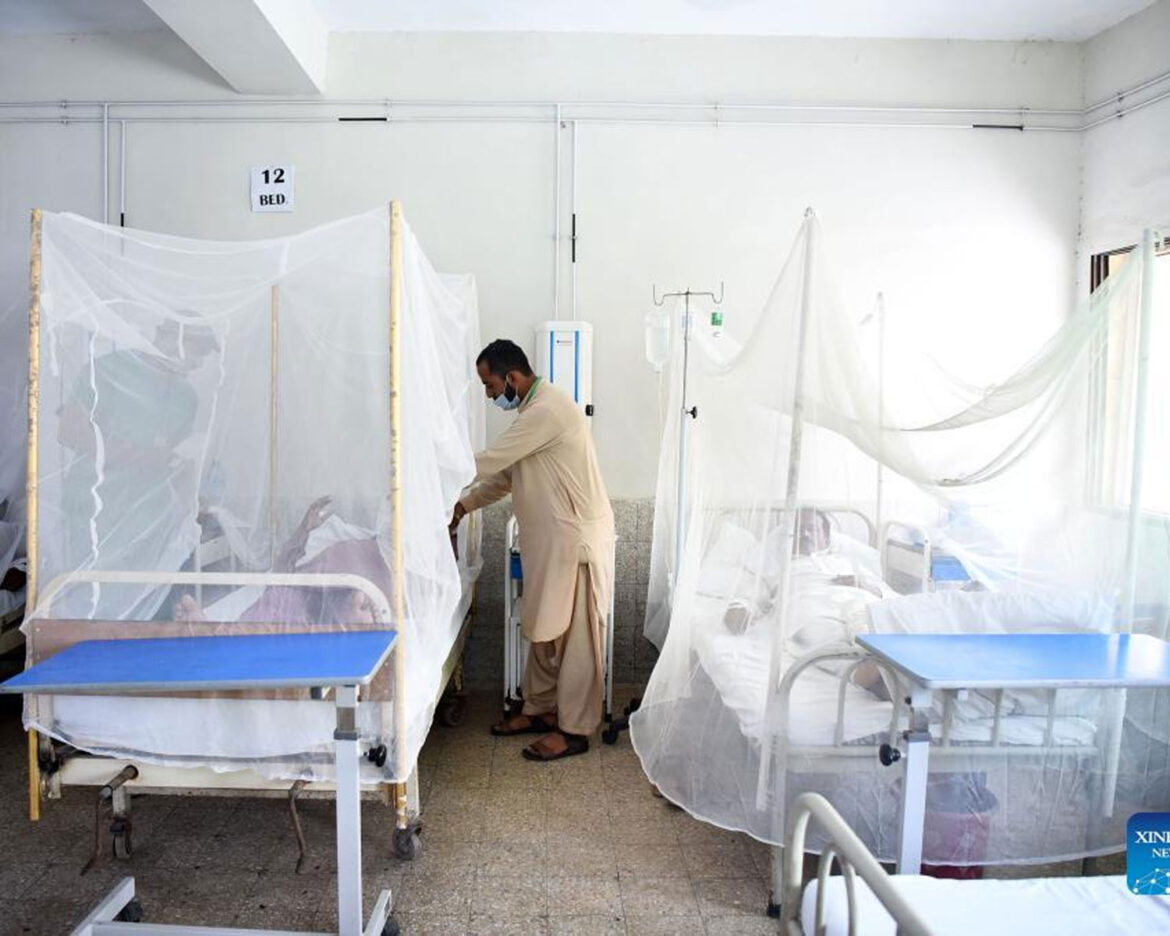Khyber Pakhtunkhwa (KP) has recorded a significant public health crisis, with over 54,000 malaria cases reported in the past nine months, according to data from the provincial health department. The surge has raised alarms across the province, particularly in multiple districts grappling with worsening conditions.
The district of Khyber remains the most severely affected, registering 10,000 cases, while Shangla has reported 6,000 cases for the first time. Battagram has documented 3,000 cases. Other districts, such as Dera Ismail Khan, have recorded 4,000 cases, and both Tank and Karak have each seen 2,000 cases. Lakki Marwat has also reported 3,000 cases so far this year.
Provincial Health Advisor Ehtisham Ali has issued urgent directives to District Health Officers (DHOs) in the affected areas, emphasizing the need for immediate measures to control the outbreak. “We must take emergency measures to prevent further spread of malaria,” Ehtisham stated, adding that climate change is contributing to the rise of vector-borne diseases like malaria across the region.
The provincial health department’s data underscores the gravity of the situation. Thirteen districts have been declared high-risk areas, including Bannu, Tank, Dera Ismail Khan, Lakki Marwat, Kohat, Hangu, Karak, Nowshera, Charsadda, Mardan, Lower Dir, Buner, and Shangla.
A recent review meeting, led by the Public Health Director, assessed the malaria situation in these districts. The provincial government is now pushing for rapid interventions, focusing on the effective distribution and use of mosquito nets in the high-risk areas.
Meanwhile, the province is also dealing with a rise in dengue cases. Last Thursday, hospitals in Peshawar received over 100 suspected dengue patients, with 39 testing positive in a 24-hour period at the Hayatabad Medical Complex (HMC). In response, the health department has dispatched teams to suburban areas and initiated fumigation and fogging campaigns in identified hotspots, including Peshawar, Abbottabad, Bannu, Swabi, and Nowshera.



